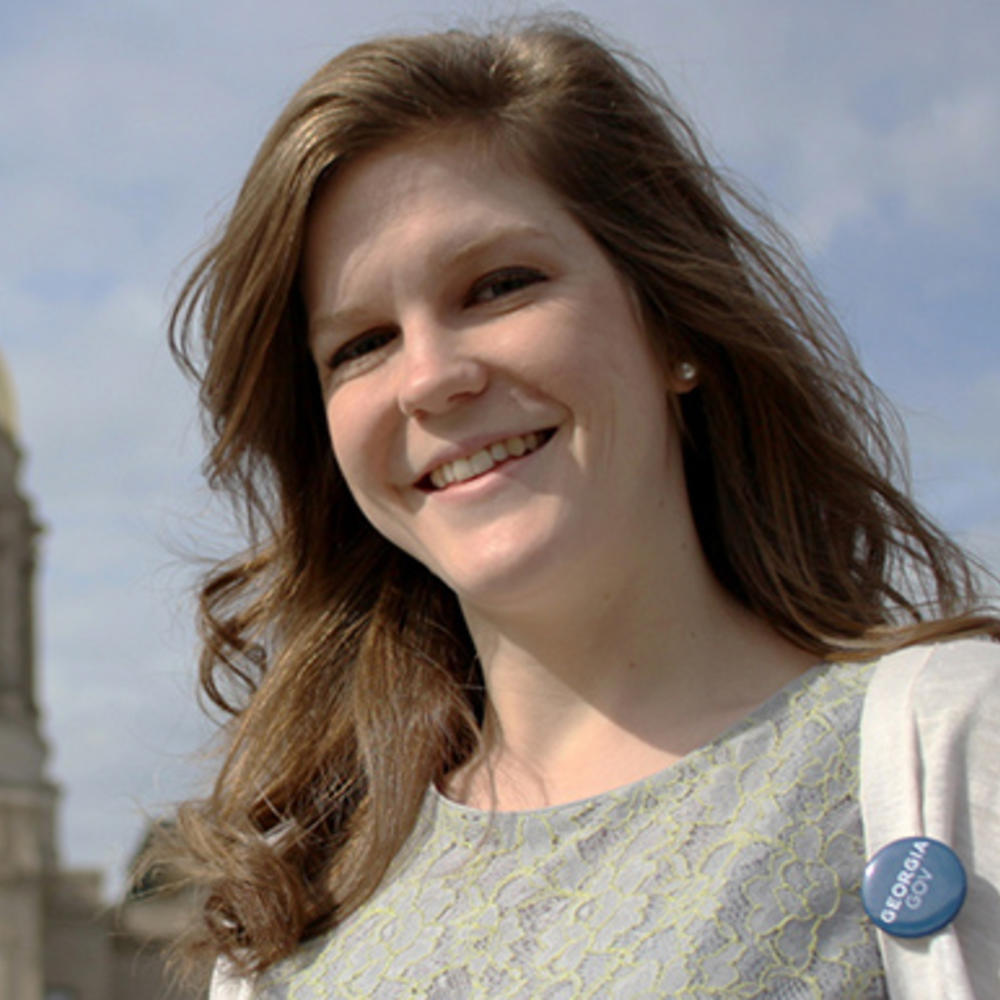November 26, 2013
Social Media's Small Tests
You could trace the beginnings of modern day social media to 1971 when the first email was officially delivered. No one seems to really know what the email said — just some random letters and numbers as a small test. Little did they know that they were on the brink of a revolution.
Forty-two years later, we’re still running “small tests.”
Fast-forward past the Bulletin Board System (BBS) established in 1978 to make meetings, display announcements, and share information. Keep going past 1997 when America Online (AOL) introduced user chats. Past the formation of Myspace and LinkedIn in 2003, then Facebook and Flickr in 2004, and then Twitter in 2006.
Today in 2013, astronauts are tweeting from the International Space Station, we’re getting real-time news from Twitter, Reddit, and BuzzFeed, and we're more connected than ever before.
However, don't get too comfortable! We’re still learning.
How do we use these boundary-less mediums? How do we, as a government, talk to our people? How can Facebook and Twitter enunciate our mission and our goals? How can we get people to listen to us?
The technology and tools are there, now we have to figure out how to use them and maximize our voice.
One of my professors in college used to say, "The meanest assignment I can give you is one with no directions."
Well, Dr. Carroll, today, social media has become an assignment with no direction. With each post, with each status, with each picture, with each tweet, we are learning something new. Do people want happy posts? Do they want serious posts? Will they read them in the morning or at night? Do they read every word? Are they just scanning? What pops out? What fades into the ocean of news feeds?
To answer these questions, we must experiment. We have to play around and listen to our audience. We can’t be afraid to change or alter our strategies.
Justin Herman, the SocialGov Program Lead from the U.S. General Services Administration, uses the analogy of a piano to describe social media. The different combination of key strokes can make a multitude of beautiful sounds or...complete disasters. An assortment of combinations of the tools in today's social world can have a variety of positive outcomes. However, add a "C#" at the wrong time, and the "music" is ruined.
In my next post about social media, I'll give you a case study looking at how Georgia.gov has adapted our Facebook posts by listening to our fans and running these small tests.
